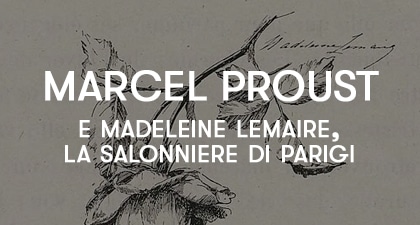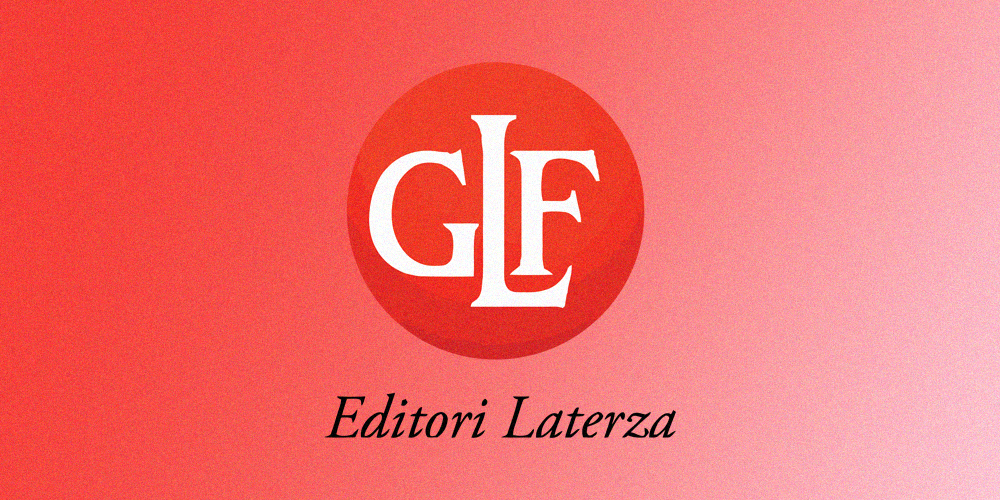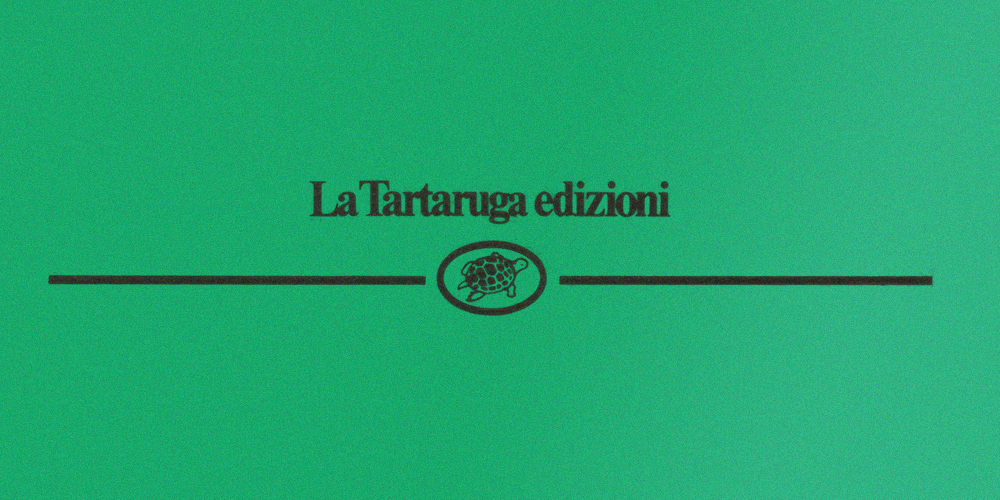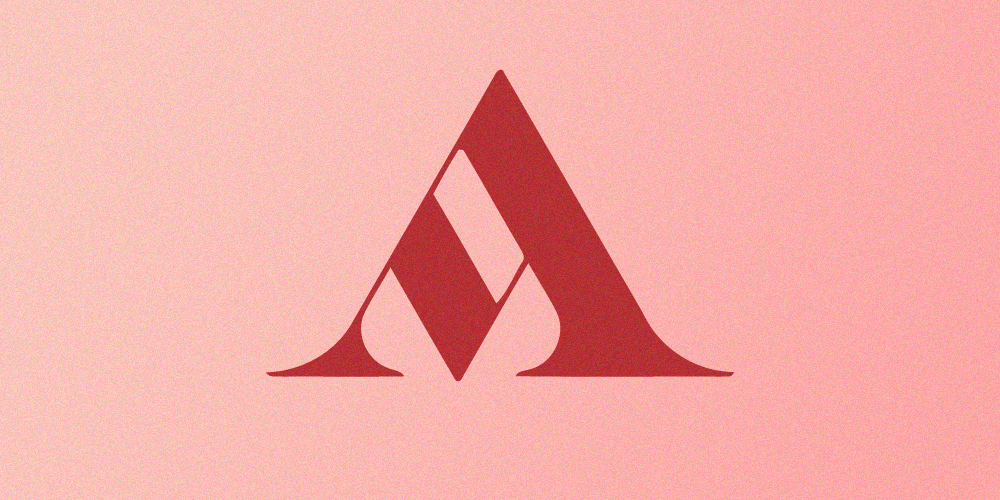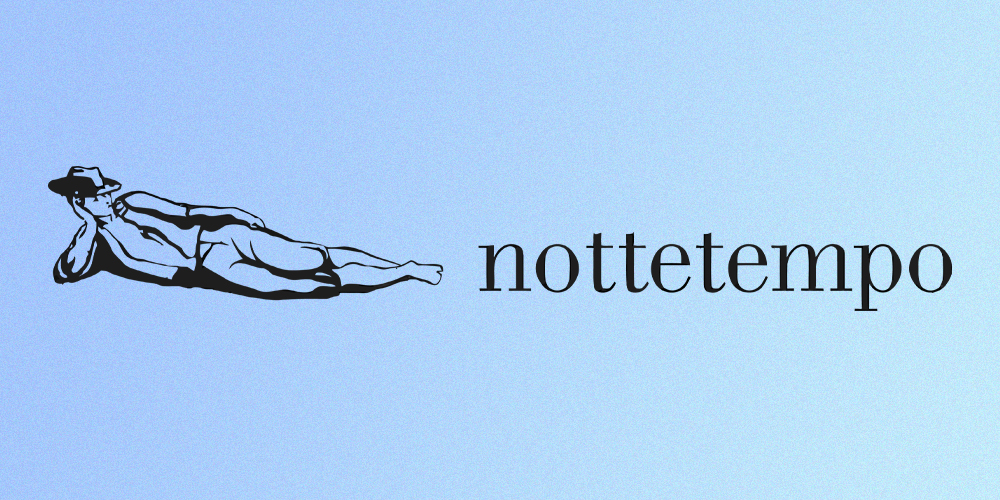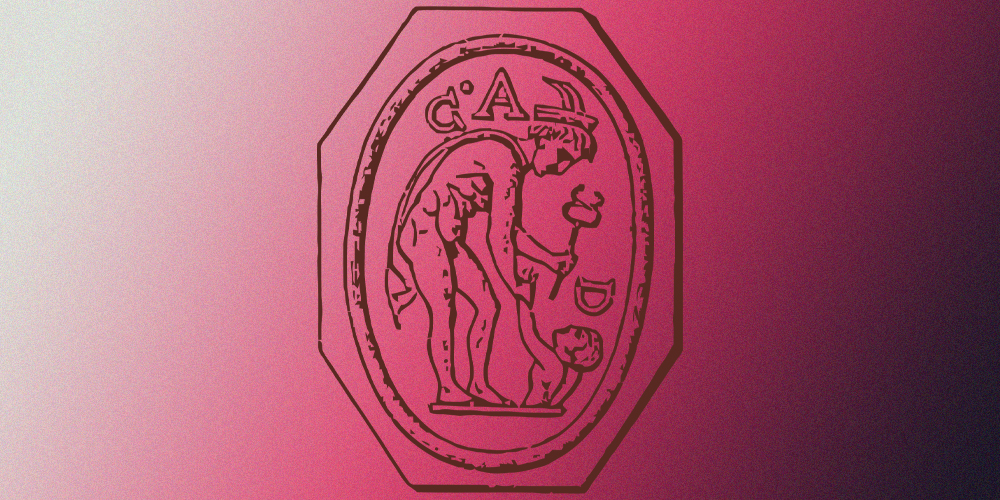
The tenth publisher in our journey is the Astrolabio – Ubaldini publishing house
The history of the Astrolabio publishing house is closely tied, in fact, it coincides, until 1984, with the figure of Mario Ubaldini, who was its founder and, until his death, its director. After directing an important literary journal, La ruota, from 1937 to 1943, Ubaldini founded the publishing house in 1944 in Rome with the publication of Voltaire’s Philosophical Dictionary, translated by the publisher himself.
He immediately set up several initial series, but soon the publishing house took on a more precise and strong identity, which would shape its activities until today.
To define this identity, some meetings between Ubaldini and intellectual and professional figures were crucial, including Edoardo Weiss, Ernst Bernhard, and Giuseppe Tucci.

In 1946, Ubaldini met the ‘proto-analyst’ Jungian Ernst Bernhard, and as part of his search for a new direction for the publishing house, he entrusted him with the direction of a “series of texts and documents on the psychology of the deep,” which was called “Psiche e coscienza.” Ubaldini would say: “That was an extremely effective direction for the series, something I could never have achieved on my own; I wouldn’t have known how to do it as well as he did, especially since he had been a student of both Freud and Jung and knew everyone in that world.”
Between 1947 and 1950, Ubaldini launched a series of new collections, starting with the one directed by Bernhard.
In this series appeared, alongside essential works by Freud and Jung, classical texts from Eastern civilization, such as the famous I Ching, works by great Orientalists like Giuseppe Tucci, a famous seventeenth-century text by the Jesuit Father de Caussade, and studies in mythology by Karol Kerényi. These works already set the dual focus that distinguishes Astrolabio: clinical psychology and the religions and philosophies of the Far East.

The other collections focused on evolutionary psychology, the mind-body relationship, parapsychology, popular science, and social psychology. A special volume was published outside of the series, such as the famous Autobiography of a Yogi by Yogananda (1949), and a new initiative was announced, a historical, literary, philosophical-religious, and artistic encyclopedia directed by Giuseppe Tucci, titled Civiltà dell’Oriente. While the encyclopedia was never published, its title became, in 1960, the name of the second key collection of the publishing house, which is still active today, where texts related to the philosophies and religions of the Far East are gathered.
Between 1954 and 1959, there was a halt in publishing activities due to difficulties.
The young Astrolabio publishing house turned to a cooperative of publishers for distribution, called Unione Editoriale, which was poorly managed and went bankrupt, putting Ubaldini in trouble, especially as the distributor’s warehouses were seized. A fledgling publishing house could not survive such blows. After six years of silence, during which Ubaldini sold everything from rights to Freud and Jung’s works to his family possessions, it seemed doomed to disappear.
However, at the end of 1959, Ubaldini managed to recover all the unsold copies of his books that had been blocked by the bankruptcy. The old catalog, which in the fifties seemed reserved for an elite, found renewed interest in the sixties.
Distribution in bookstores resumed, and production began again: it was the rebirth of Astrolabio.
In 1961, the publishing house resumed with the previous collections and mostly the same available texts, but as new production grew, they were quickly restructured to adapt to new demands.
Thus, Psiche e coscienza resumed; Civiltà dell’Oriente was born, and shortly afterward, Ulisse, the Philosophy and Epistemology series, was created. In the 1970s, several pocket-sized volumes were published in a semi-popular series, I libri dell’introspezione.
In the 1980s and 1990s, the catalog expanded with three journals: Atti dello psicodramma, Rivista di psicologia analitica, and La psicoanalisi, the latter still published by Astrolabio.

New successful collections include Cambiare se stessi, which features texts by leading international clinical psychologists written directly for the public, not professionals; Il lavoro sul corpo e sulla mente, which gathers many titles dedicated to psychotherapy at the mind-body boundary; Opere di Krishnamurti, which collects all the texts of the great spiritual teacher introduced to Italy by Astrolabio since 1969; while Astrologia e psiche explores so-called astrological psychology, which uses the archetypal interpretation of astrological characters to outline the personality of the client. Schegge di saggezza is a small-format series (pocket-sized) featuring short texts by great spiritual masters from the East.
The new collections remain within the classic themes of Astrolabio.
Only recently, in 2006, a series dedicated to music studies, Adagio, marked the entry into a new area for the publishing house. After 1984, it remained under the ownership of the heirs, continuing in close continuity with the past, with a team formed by the closest collaborators of Ubaldini during his long editorial journey.
An exceptional publishing house with a vast catalog and, above all, always fortunately tied to its origins, now more than ever.
See all the books published by Astrolabio – Ubaldini editore available in our catalog.
Want to discover more stories about Italian publishing houses?
Here you can find all our articles.



